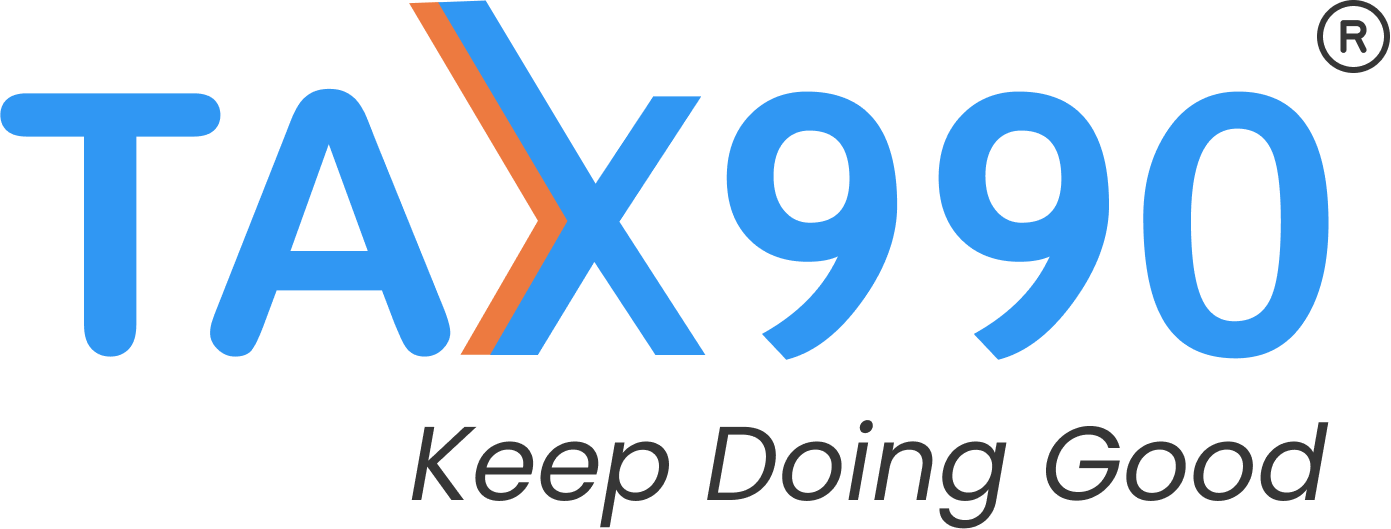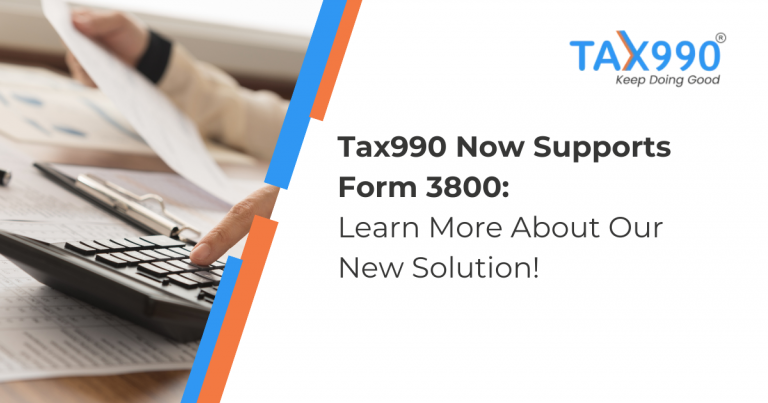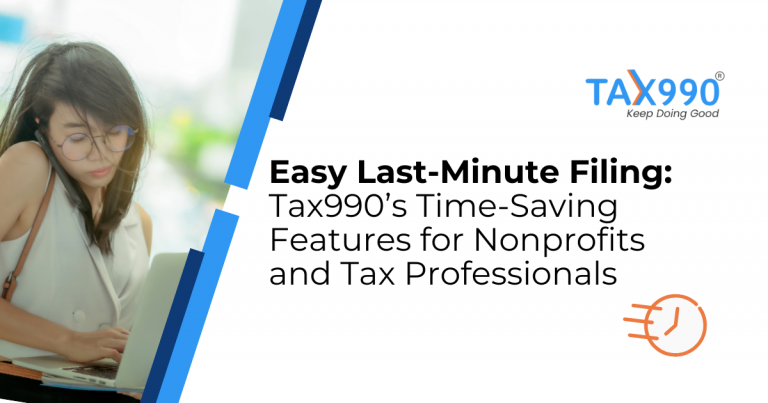IRS Tax Compliance for Private Foundations: Key Insights for this Nov 15th Deadline
Estimated reading time: 13 minute(s)
Public charities and private foundations may share the common goal of serving the public. Still, they’re structured differently, relying on distinct funding sources, focusing on unique operations, and having different filing requirements.
With just 4 days left before the November 15th deadline, let’s delve deeper into what a private foundation is, its filing requirements, and how Tax990 simplifies them.
How does the IRS Define a Private Foundation?
A private foundation is a domestic or foreign organization that is exempt from income tax under section 501(a) and is classified as a 501(c)(3) nonprofit.
A private foundation is generally established by an individual, family, or corporation with a dedicated funding source. Unlike public charities, which often rely on fundraising endeavors from public and government support, private foundations usually rely on a single funding source. This structure provides more flexibility for private foundations in how they operate and what purpose they serve.
Note: Certain types of nonprofits such as churches, hospitals, schools, broadly supported public organizations, supporting organizations, and those testing for public safety are automatically excluded from being a private foundation.
Private Foundation Vs. Public Charity
While both private foundations and public charities share a common commitment to serving the public cause, they differ significantly in their funding sources, operational focus, and IRS regulations.
Public charities receive broad public support (specifically, more than 33% of their annual income is from public support) and are often involved in direct charitable activities. In contrast, private foundations rely on funding from a single source, often invest in grant-making activities, and face additional compliance standards and excise taxes.
Tax Compliance for a Private Foundation
Like every other nonprofit organization, a private foundation can qualify for IRS tax exemption by applying with Form 1023. If the organization does not meet specific criteria to be classified as a public charity, it will automatically be considered a private foundation by the IRS.
Although private foundations benefit from 501(c)(3) tax-exempt status, they are still held to certain tax obligations. A private foundation carries unique filing requirements like Form 990-PF, designed explicitly for filing requirements of a private foundation and reporting their excise taxes. Some of the key filing requirements of a private foundation are as follows:
Filing Requirements of a Private Foundation
- 990-PF
Private foundations must file Form 990-PF, regardless of income or asset size. Form 990-PF, Return of Private Foundation, is an IRS tax form designed to
This form details key financial data, such as revenue, expenses, assets, liabilities, and program-related investments. Additional information includes organizational management, compliance actions, and other filings.
For more information on Form 990-PF, click here.
- Form 990 Schedule B
Form 990 Schedule B accompanies Form 990-PF and is required for foundations that receive donations of $5,000 or more from a single contributor. This schedule offers transparency on significant contributors, which helps ensure compliance with IRS regulations.
- Excise Taxes
One unique compliance requirement for private foundations is the excise tax on net investment income, reported on Form 990-PF. Foundations with taxes exceeding $500 for the year may be required to make quarterly estimated payments.
When Is the Form 990-PF Deadline?
The deadline for filing Form 990-PF is the 15th day of the 5th month after the end of the foundation’s tax year. For foundations following the calendar tax year, the due date falls on May 15.
The IRS grants private foundations an automatic six-month extension by applying through Form 8868. However, missing the deadline, including the extended time, may result in penalties ranging from $20 to $100 per day, depending on the size of the organization. Foundations that fail to file for three consecutive years risk losing their tax-exempt status.
Who Must Adhere to This November Deadline?
The upcoming November 15 deadline is applicable for:
- Nonprofits with a fiscal year ending on June 30.
- Organizations acquired a six-month extension from the original May 15th deadline by filing Form 8868.
Tax990 – Ideal Filing Solution for Private Foundation
Tax990, an IRS-authorized e-filing solution, is an ideal tool for private foundations to streamline their 990-PF filing and meet deadlines efficiently. With Tax990, private foundations can prepare and e-file their 990-PF forms quickly, and the software will automatically include Schedule B and any required schedules at no extra cost based on the provided information. Additionally, if the IRS rejects a 990-PF return filed through Tax990, it can be retransmitted without additional fees.




Leave a Comment